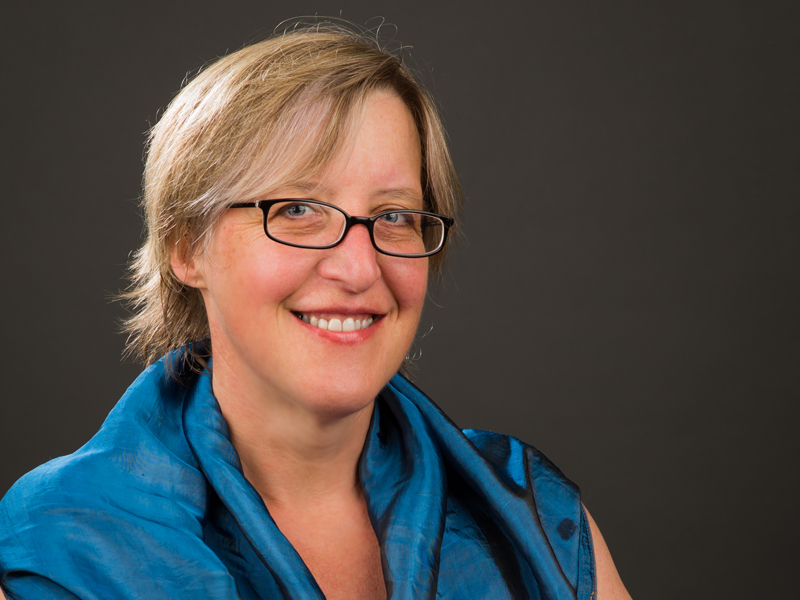
Dr. Wanda Martin Aims to Improve Health Through Urban Agriculture
With the anticipated rise of the number of people living in urban settings in the years to come, the question looming is whether or not the demand for nutritious food can be met.
How does this apply to Saskatchewan? Although Saskatchewan has a traditional agricultural background, currently, 67% of our population lives in urban areas, with the anticipation this number is expected to rise. With a vision of self-sufficiency and stewardship, environmental health is a focus for the City of Saskatoon, with a goal to “grow more food in the city”. College of Nursing’s Dr. Wanda Martin is working on research that will provide evidence on how to achieve this goal by producing an urban agriculture action plan.
“The purpose of this research is to help the work of the Saskatoon Food Council by creating an urban agriculture action plan that will increase access to quality affordable food and other benefits of gardening, in response to the City of Saskatoon’s strategic plan,” said Martin. “The broader purpose of my research is to provide a template for other cities in the Canadian Prairies that share the vision of building resilient cities and improved quality of life.”
Dr. Martin’s research not only focuses on how to build capacity for urban agriculture across Saskatoon and other urban centres, but it will also identify barriers (cultural and political) and propose solutions to increased support for urban agriculture. As well, she is also looking to determine if urban agriculture could be a means to enhance income, particularly in lower-income areas of the city.
When asked how the project is coming along, Dr. Martin responded, “We are making good progress with our research so far. We have gathered a lot of data through neighbourbood discussions that were geographically clustered into 10 areas across the city. We are working with the Saskatoon Food Council to highlight a series of infographics called Food by Ward. This is to get people thinking about the food system in their neighbourhood prior to the civic election, and to start the conversation with the candidates about what we can do better to help improve food access. We anticipate the combination of economic data, focus group data and concept mapping we have collected so far and continue to collect will provide a comprehensive case on potential steps to advance the agenda necessary for nutritious and accessible affordable food for a growing urban population.”
For more information on Dr. Martin’s urban agriculture project, please visit the project website.

